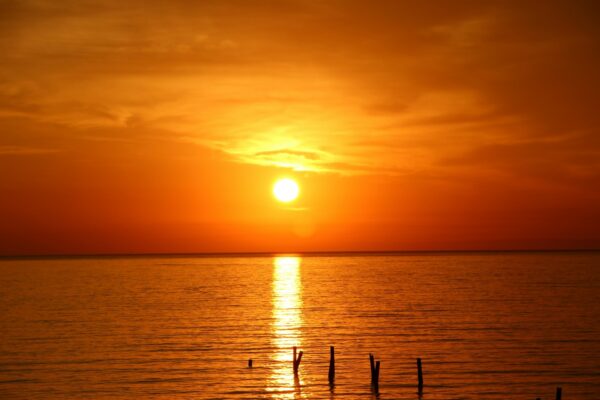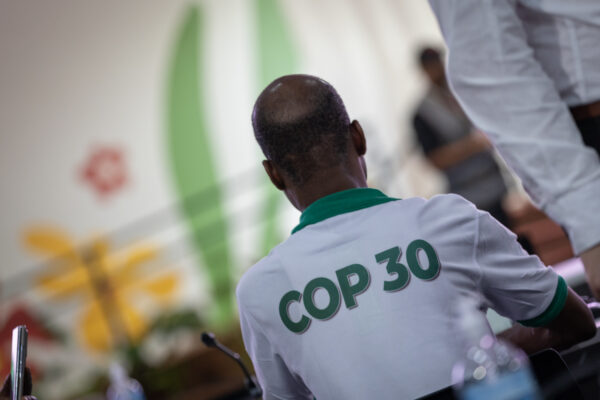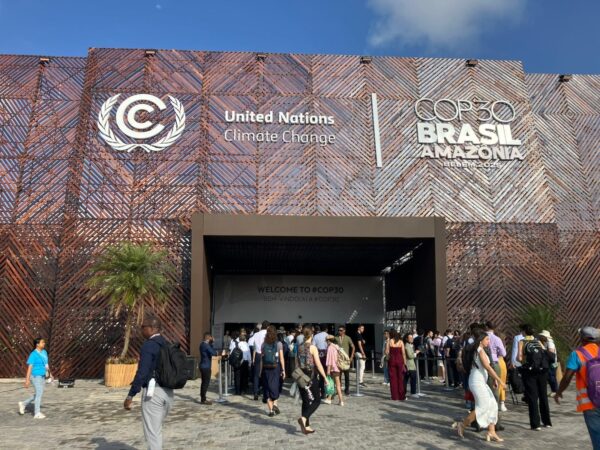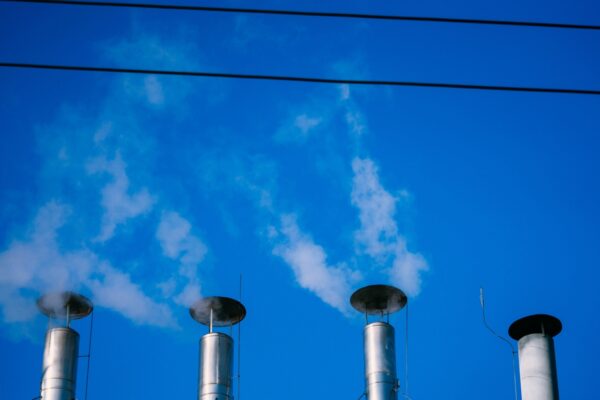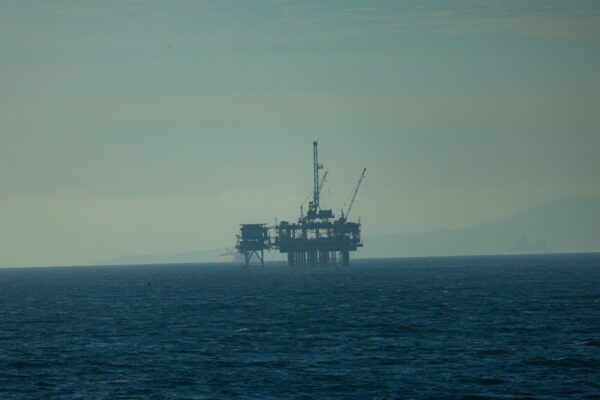New film spotlights the Caribbean in global charge against climate change
With 2023 officially declared the hottest year ever recorded, “Island Action, Global Goals” is an inspiring film on how Caribbean islands are taking essential action in the face of worsening climate change, against the backdrop of the first Global Stocktake.
Share
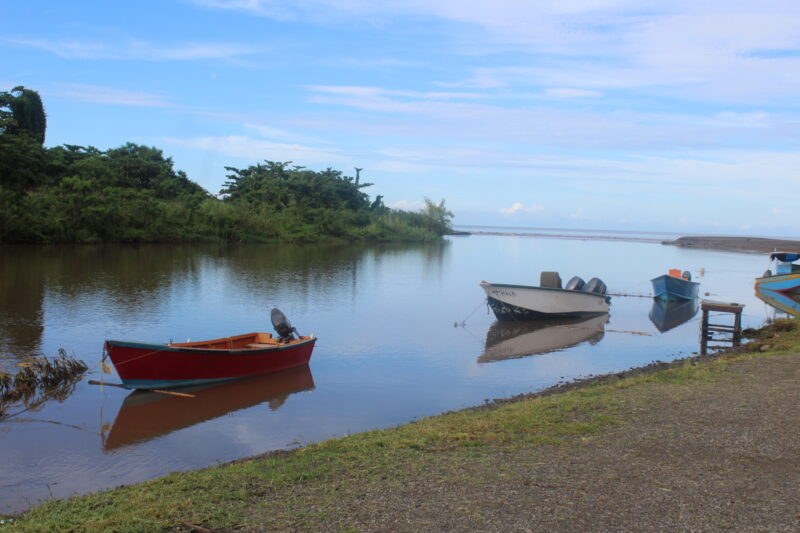
2023 shattered climate records and was confirmed as the hottest year ever recorded, a phenomenon driven by human-induced climate change. With hotter than ever temperatures, the Caribbean and other small island developing state regions are experiencing the brunt of climate change impacts and must work even harder to adapt and safeguard their futures. An inspiring new film, “Island Action, Global Goals: Can the Global Stocktake change the Caribbean’s climate future?” is showcasing how Caribbean islands are taking essential action in the face of worsening climate change, against the backdrop of the first Global Stocktake.
The film will be screened for the first time on Wednesday 24th January at Queen’s Hall, as part of the Green Screen Environmental Film Festival Schools Screenings and Green Career Talks.
The seminal Global Stocktake, which completed its first cycle this past December at the United Nations climate change negotiations, COP28, is a fundamental component of the Paris Agreement and assessed the world’s progress in achieving agreed goals on climate action and implementation. The Global Stocktake identified critical gaps in global climate action and the support that is so critically needed by those most vulnerable to climate impacts. the final agreement set out a suite of actions to be taken by countries and reaffirmed commitments to close these gaps.
In “Island Action, Global Goals”, several groups in Trinidad and Tobago, St. Lucia, and Dominica were featured, revealing a host of tenacious individuals creating opportunities for their communities to adapt to climate change and improve their ways of life. Innovative projects and activities take centre stage, bringing to life the science behind climate change and showing how Caribbean leadership exists at all levels in the fight to ensure the global community limits warming to a 1.5°C increase above pre-industrial levels.
In Trinidad and Tobago, the Brasso Seco community is profiled for its efforts to safeguard agrotourism, and the National Trust of Trinidad and Tobago shared on its Keeping History Above Water project to protect heritage sites from climate change impacts such as sea level rise.
St. Lucia is home to the Helen’s Daughters organisation, and the film illustrates how women benefit from its guidance on building climate resilience. Also in St. Lucia, young people from the Atlas organisation demonstrated an inspiring degree of service with their efforts to boost water supply in communities which have seen water levels diminished by climate change.
Finally, the film takes viewers on a journey to Dominica where the Chief of the Kalinago indigenous tribe describes how Hurricane Maria devastated the island and how his people aim to protect themselves and the land from worsening climate change impacts.
Rueanna Haynes, Director of Climate Analytics Caribbean, also played a key role advising island negotiators at COP28 on the Global Stocktake.
“The Global Stocktake decision at COP28 is so significant to the Caribbean, as it reaffirms global solidarity with the plight of small island developing states for us to stay within the 1.5°C warming limit,” she said. “This commitment to revisit nationally determined contributions and ramp up climate action is absolutely needed if we are to protect our islands from the worst impacts of climate change. Regionally, we will advance our efforts knowing that our window of hope for a better future has widened.”
Cover image by Carver Bacchus
